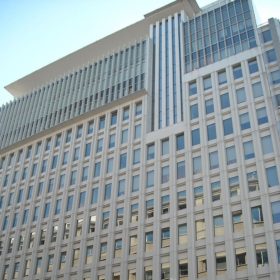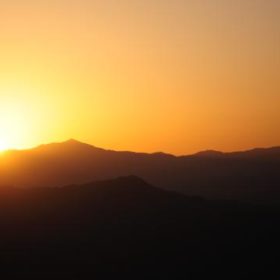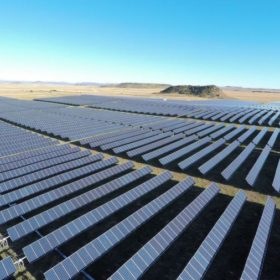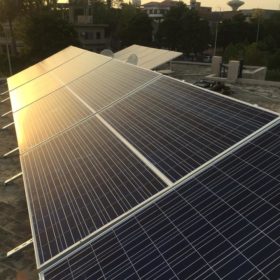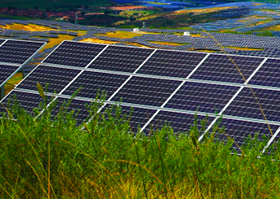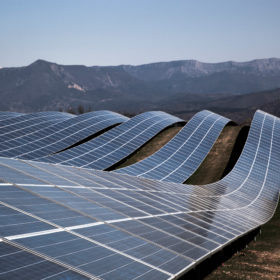World Bank injects $100 million to support solar in Pakistan
The funds will be used to implement the Sindh Solar Energy Project, a scheme aimed at increasing solar power generation and access to electricity in Sindh province.
Pakistan’s regulator to review two PV project proposals totaling 100 MW
Pakistan’s electricity regulator NEPRA will review a proposal for the construction of a 50 MW PV plant planned to sell power at approximately $0.071/kWh, while a second 50 MW project is expected to deliver power at a levelized tariff of $0.076/kWh.
Scatec wants to double size of project pipeline
Chief executive of Norwegian developer tells markets his company will deliver on 1.5 GW promise by the end of the year – by including any projects it has broken ground on.
Pakistan should turn to renewables for energy security – IRENA
With its growing population and rapidly increasing energy needs, Pakistan’s energy security is undermined by the overriding share of imported fossil fuels in its energy mix. But, by turning to its untapped, tremendous solar, wind and biomass potential, the South Asian country could spur social and economic development, while improving energy access, says IRENA.
Eco Energy to roll out off-grid solar to 10,000 rural Pakistani households
A US$600,000 investment has been secured by EcoEnergy to help it provide off-grid solar PV solutions to 10,000 rural households in Pakistan.
Trina Solar invited to set up PV manufacturing facilities in Pakistan
Trina Solar has confirmed it has been invited by the Pakistani Government to set up solar PV manufacturing facilities in Pakistan. The Government has reportedly said it will provide financial incentives.
Pakistan updates net metering scheme, unveils clean energy investment program
Pakistan has updated its 2015 net metering scheme to make it more user friendly. The Government of Punjab, meanwhile, has unveiled a new Access to Clean Energy Investment Program, aimed at installing over 20,000 solar PV rooftop systems.
PowerChina unit signs 100 MW EPC deal in Pakistan
PowerChina Guizhou Engineering Corp., a subsidiary of Beijing-based construction group PowerChina, has signed an agreement to provide EPC services for a 100 MW solar project in southwestern Pakistan.
Pakistan: 100 MW PV plant planned, on track for 1 GW installs
Zorlu Enerji is working on a 100 MW solar PV plant in Pakistan. It is slated to come online in the first half of 2018. Overall, Pakistan is on track to install more than 1 GW this year.
Siemens to equip 140 MW projects in Brazil, Pakistan
The German technology firm has bagged orders for the turnkey electrical equipment and installation of two solar farms in Brazil and Pakistan. In addition, it announced the end of its cooperation with German inverter specialist SMA by the year’s end, and plans to manufacture its own inverters.
